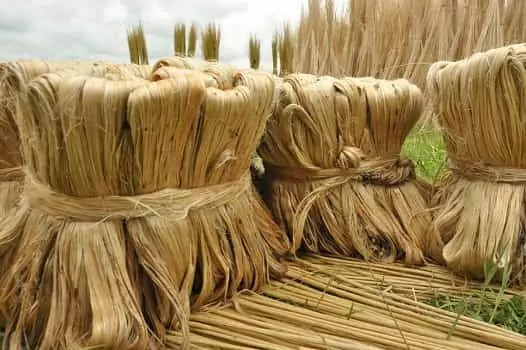Start a millets business in India because many people want healthy grains. Millets are good for you, and they don’t have gluten. This guide helps you start with simple steps. First, see what people want and who sells millets. Make a plan with goals and prices. Get licenses to operate legally. Find farmers or suppliers for millets. Get machines for cleaning and packing millets. Decide how to sell, like in stores or online. Tell people about millets’ health benefits. Check quality often. Listen to customers and improve your products. By doing these things, your millets business will be successful.
1. Market Research:
Before selling millets, check if people want them in your area. Figure out who might buy and what they like. Look at what others sell to plan better. Knowing customers and competition helps you find your space in the market. Understand them to make millets that stand out. This research is key to shaping your successful millets business.
2. Business Plan:
Make a plan for your millets business. Write down your goals, who you want to sell to, how much you’ll charge, and where you’ll sell. Plan your budget with financial projections. A good plan guides your business and helps you get funding if needed. It’s like a roadmap for success, showing you what to do and where to go. Take the time to create a clear and detailed plan for your millets business.
3. Legal Formalities:
Sign up your millets business and get the licenses you need. Follow food safety rules to keep your products safe. This is crucial for trust with customers and no legal issues. Doing these steps shows your business is reliable and follows the law. It’s important for creating trust with your customers. Take the time to do this right for a smooth and trouble-free millets business.
4. Supplier Network:
Find good millet suppliers. Partner with local farmers or trusted sources for a steady supply. Building strong relationships with suppliers is crucial for long-term success. This ensures a steady flow of quality millets for your business. Strong connections with suppliers create a reliable and sustainable supply chain.
5. Processing and Packaging:
Invest in suitable processing equipment to clean, de-husk, and package millets efficiently. Pay attention to packaging design and materials to enhance the shelf life of your products and attract customers. Clearly communicate the nutritional benefits of millets on the packaging.
6. Distribution Strategy:
Make a plan to sell millets. Use local stores, supermarkets, and online platforms. A good plan helps you reach more people. Selling in different ways grows your business. Building a strong network gets your millets to more people who want them. Whether they shop online or in stores, your millets will be available.
7. Marketing and Branding:
Create a strong brand identity for your millets business. Utilize digital marketing, social media, and other advertising channels to raise awareness about the health benefits of millets. Highlight their versatility in cooking and position them as a sustainable and nutritious choice.
8. Educational Initiatives:
Conduct awareness campaigns and workshops to educate consumers about the nutritional value of millets. Engage with local communities, schools, and health organizations to promote the benefits of incorporating millets into their diets.
9. Quality Control:
Implement rigorous quality control measures at every stage of production. Regularly test the millets for purity, nutritional content, and safety. Consistent quality assurance will build trust among consumers and contribute to the long-term success of your business.
10. Feedback Mechanism:
Establish a feedback mechanism to gather insights from customers. Use their feedback to improve your products and services continuously. Building a customer-centric approach will help in retaining loyal customers and attracting new ones.
Conclusion
In conclusion, starting a millets business in India requires careful planning, dedication, and a commitment to quality. By understanding the market, complying with regulations, building a robust supply chain, and implementing effective marketing strategies, you can create a successful and sustainable millet business that contributes to the health and well-being of your customers.















